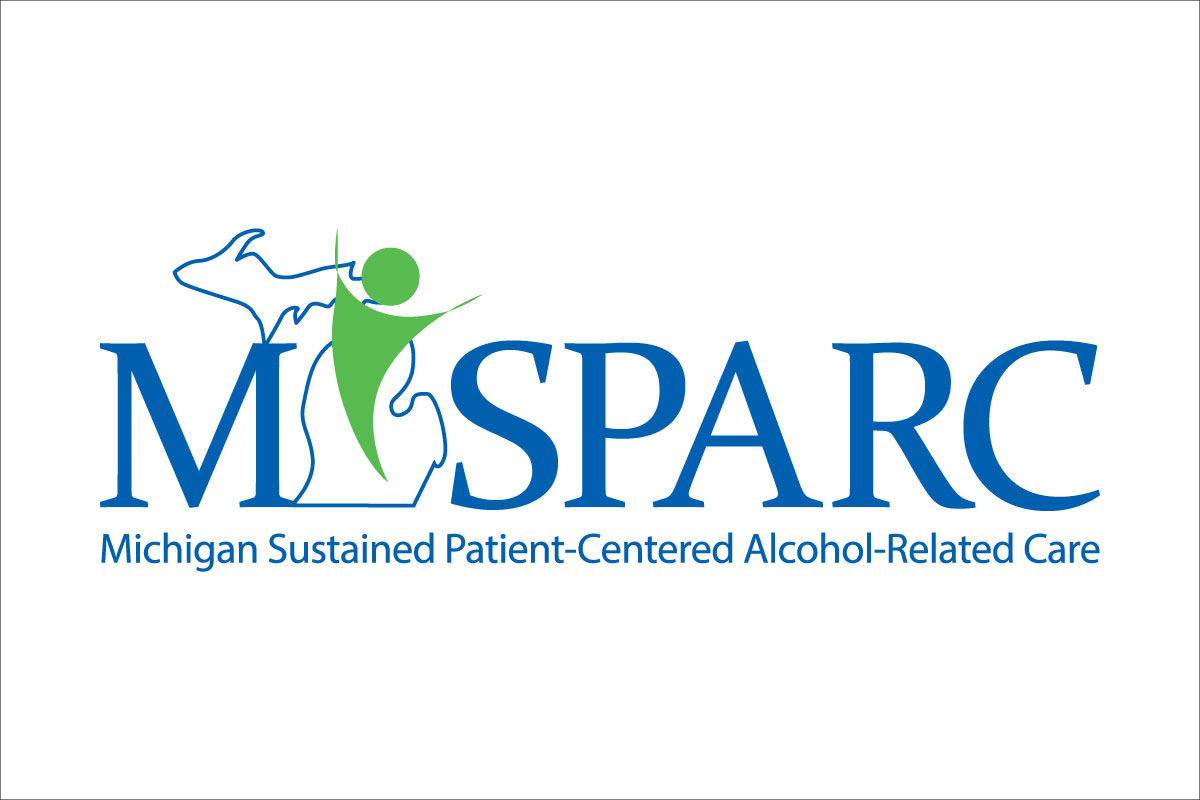
Overview
Unhealthy Alcohol Use (UAU) is the third leading cause of preventable death in the US, but only 13% of primary care providers (PCPs) adequately screen patients. The US Preventative Services Task Force (USPSTF) recommends that PCPs screen adults, 18 years and older, for UAU and provide brief counseling for those engaged in risky drinking. Addressing alcohol-related concerns is essential for patients’ well-being. Primary care physicians can deliver alcohol-related advice and recommendations to those who indicate unhealthy alcohol use and treatment for alcohol use disorders.
Our Approach
MI-SPARC was developed through a partnership between Altarum and Kaiser Permanente Washington Health Research Institute, funded by the Agency for Healthcare Research and Quality (AHRQ) to support practices in adopting an evidence-based approach to alcohol-related care. Provider practices who participated received two hours of training covering screening, brief intervention, and engaging patients in shared decision-making regarding their treatment, including participating in counseling or taking medications that treat alcohol use disorder. In addition, each practice received six months of practice facilitation to aid in workflow and data collection assistance.
Results
As a product of this program, a toolkit was developed to help other providers wishing to implement alcohol-related care. While the MI-SPARC initiative ended in September 2023, Altarum and AHRQ continue to offer the toolkit to clinicians and support teams who may benefit from its tools and resources at https://michigansparc.org.

Contact Us

Jessica McDuff - MA
Program Director, Behavioral Health
Areas of Expertise- Behavioral Health
- Evaluation Methods and Design
- Technical Assistance and Program Improvement
Jessica McDuff has 22 years of experience working with federal, state, and local agencies to evaluate and improve behavioral health programs and systems of care. She specializes in evaluation design and implementation with emphasis on use of equitable evaluation principles and cross sector linkages between behavioral health and primary care, maternal and child health, and family planning. Jessica holds a master’s degree in sociology from the University of Michigan.